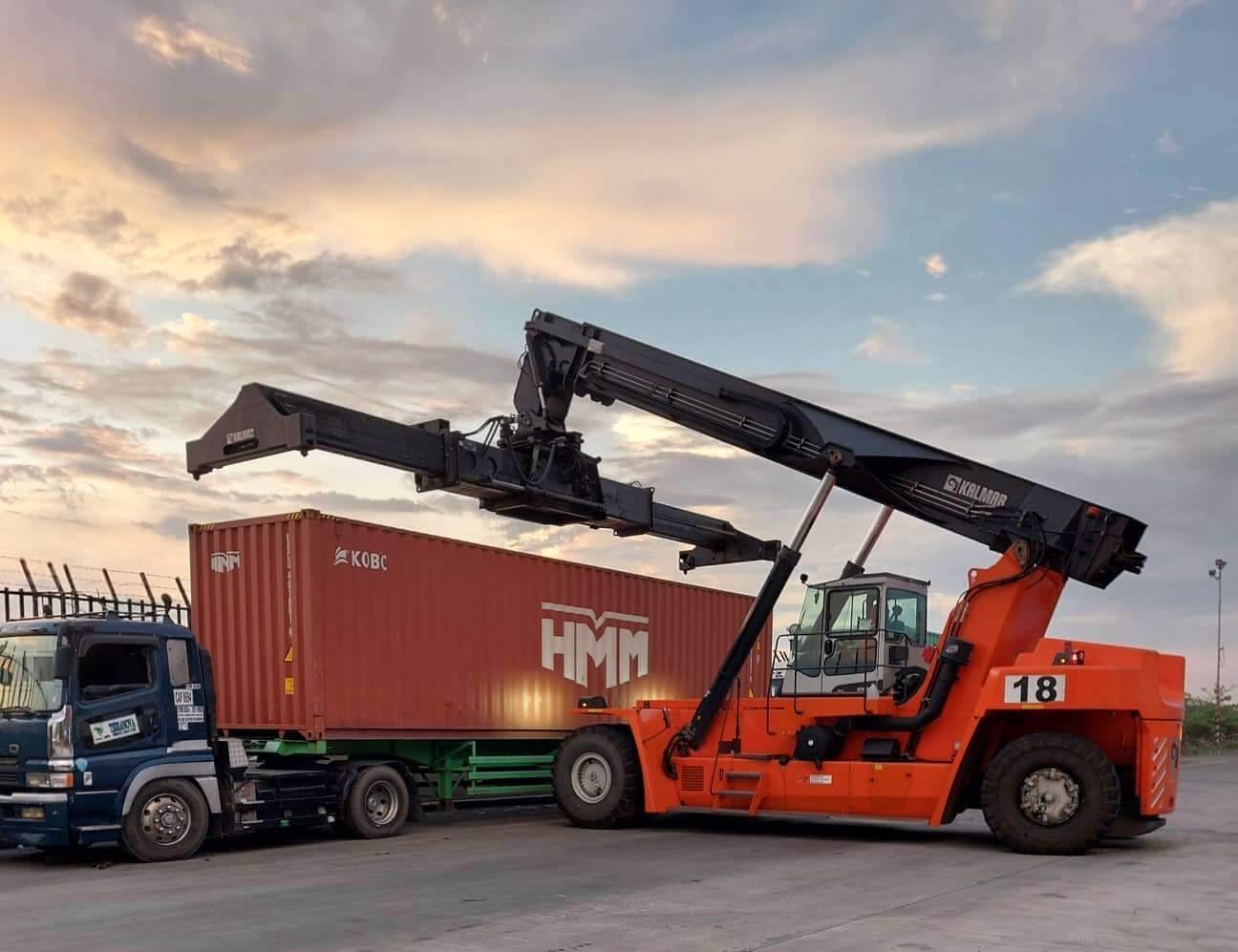Welcome to our website blog dedicated to understanding the significance of Customs Accreditation in the Philippines. In this post, we will explore the multiple advantages businesses can gain by obtaining proper accreditation, the streamlined processes it ensures, and the impact it has on the overall economic landscape. Let’s dive in!
- Enhanced Compliance and Efficiency:
Customs Accreditation is an essential requirement for businesses involved in import and export activities. The accreditation process equips businesses with the necessary knowledge and skills to comply with customs regulations effectively. By obtaining accreditation, businesses can streamline their operations, ensuring smooth and efficient movement of goods across borders.
- Reduced Costs and Time:
One of the key benefits of Customs Accreditation is the potential for cost and time savings. Accredited companies have access to simplified customs procedures, which can significantly reduce delays and associated storage costs. By undergoing the accreditation process, businesses can optimize their supply chain management, leading to improved cost-effectiveness and increased competitiveness.
- Facilitated Trade and Border Security:
Customs Accreditation aims to strike a balance between facilitating trade and maintaining border security. Accredited businesses are seen as trusted partners by customs authorities, reducing the burden of traditional checks and inspections. This mutual trust can enhance the speed and reliability of trade, resulting in smoother transactions and improved customer satisfaction.
- Opportunities for Global Expansion:
Having Customs Accreditation opens up doors for businesses to tap into international markets. Accreditation signifies compliance with global trade standards and regulations, instilling confidence in potential partners and customers. With accreditation, businesses can build strong international relationships and expand their reach beyond national borders, leading to increased growth and revenue potential.
- Access to Government Incentives and Support:
The Philippine government recognizes the importance of Customs Accreditation and provides various incentives and support programs for accredited businesses. These incentives range from tax rebates to priority assistance in case of issues or disputes. By obtaining accreditation, businesses can unlock additional advantages and support, further boosting their competitiveness and growth prospects.
Conclusion:
Customs Accreditation in the Philippines is more than just a legal requirement; it is a gateway to operational efficiency, cost and time savings, global expansion, and government support. By acknowledging the significance of accreditation, businesses can position themselves for success in the ever-evolving global marketplace. We hope this article has shed light on why Customs Accreditation is crucial for businesses in the Philippines, encouraging them to explore this important aspect of international trade.




